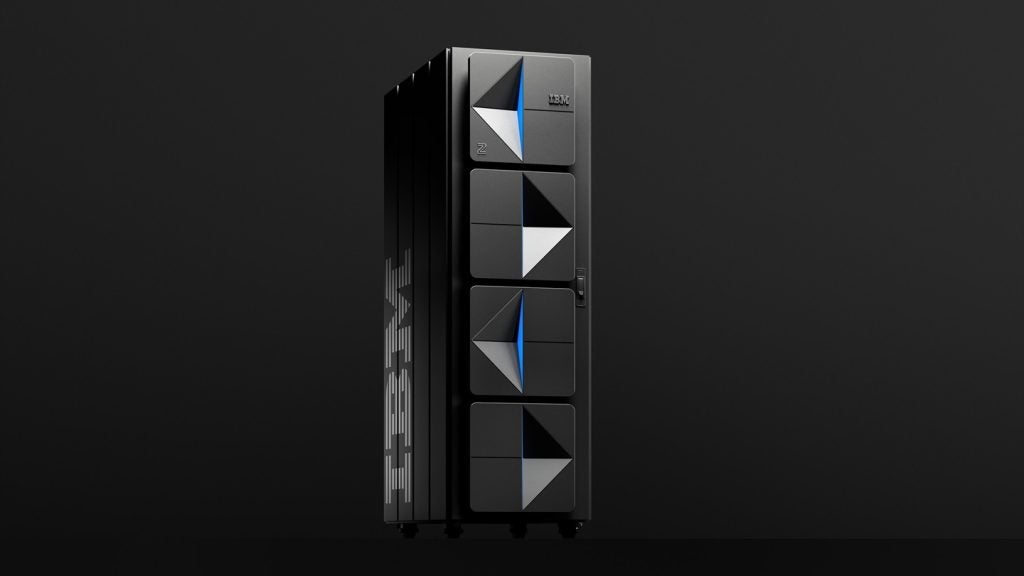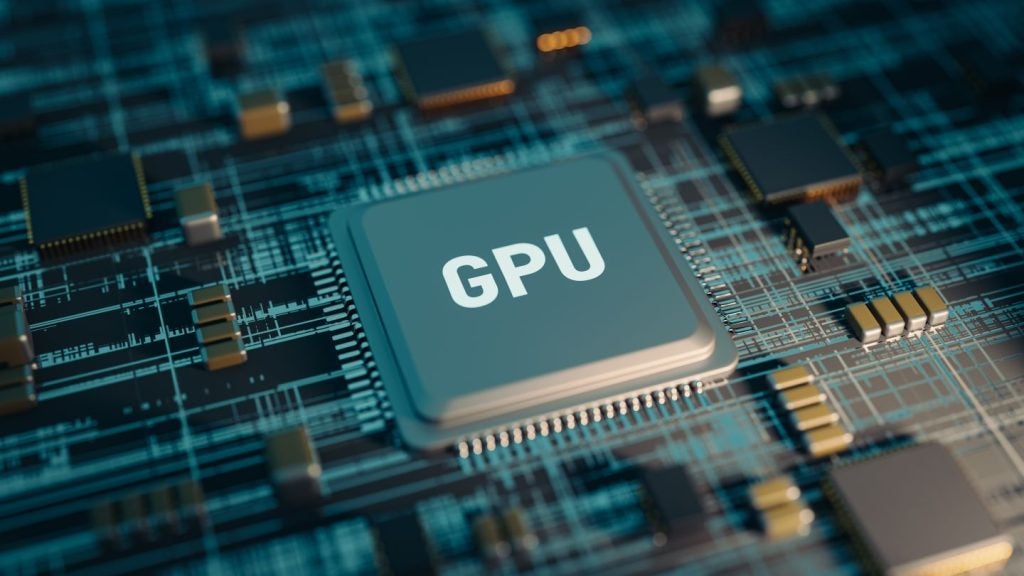AI and gaming have a long-standing relationship, going back to Garry Kasparov losing to IBM’s supercomputer Deep Blue in 1997. Since then, AI has been used in gaming to create adaptive and responsive gameplay using non-player characters (NPCs). GameShark, the once popular provider of video game cheat cartridges, has re-emerged and aims to use AI to transform the way people experience gaming.
AI-powered gaming devices are a reality, helping players to improve and acting as personal gaming coaches. However, barriers to adoption mean that these devices will struggle to stand the test of time
GameShark has been revived by AI
Popular in the late 1990s and 2000s, GameShark was known for its line of video game cheat cartridges and accessories. In 2024, former US CEO of GameShark, Todd Hays, founded AI Shark, which uses AI to create intelligent video game accessories. The accessories include an AI-powered mouse, keyboard, controller, headset, and gaming hub. The accessories are designed to use the power of AI to make one a better gamer and adapt to their playstyle.
AI shark devices are designed to adjust in real time to the user’s playstyle and mannerisms. The devices are equipped with sensors, high-performance audio processing, and an AI that analyses gameplay. They suggest changes one could make to the controller settings and button remaps, also providing feedback on the user’s playstyle, suggesting different tactics, and in-game verbal guidance and enhanced audio, allowing the user to hear things before other players. However, these devices demonstrate the unfair advantage that AI can give players in traditional gaming.
AI-powered devices pose a threat to gaming
While the use of AI in game development is nothing new, with various game franchises using AI to make games as immersive as possible, the use of AI for the players themselves is a novel approach. However, AI-powered devices pose a threat to both professional and recreational gamers due to the unfair advantage they offer, making it unfair for those who choose not to use them or do not have access to them. The use of such devices will undoubtedly be banned in esports due to the extensive checks carried out by event organisers and the existing bans on outside help during games. Participants are only allowed to take in their approved peripherals, with no other electric devices allowed. However, as the gaming industry evolves, we could see more and more household gaming peripheral makers release their own AI-powered devices, making it the new norm, at least for recreational gamers.
However, recreational players will have mixed feelings about devices such as these. Some will be happy to accept the help, but others prefer a more traditional style of play. Cheating in recreational gaming is a common practice, with programs such as ‘aim bots’ being used in first-person shooters by both normal players and popular content creators to help them hit rival players. Like aim bots, the use of AI-powered devices could cause frustration for the average gamer and ‘take the fun out’ of the game, as competitive play starts to outweigh the enjoyment derived from playing.
The advent of AI-powered gaming devices is another trend that is emerging amid the AI hype. However, the devices’ ability to undermine gamers’ skills, strategies, and competition will make it a short-lived trend.








